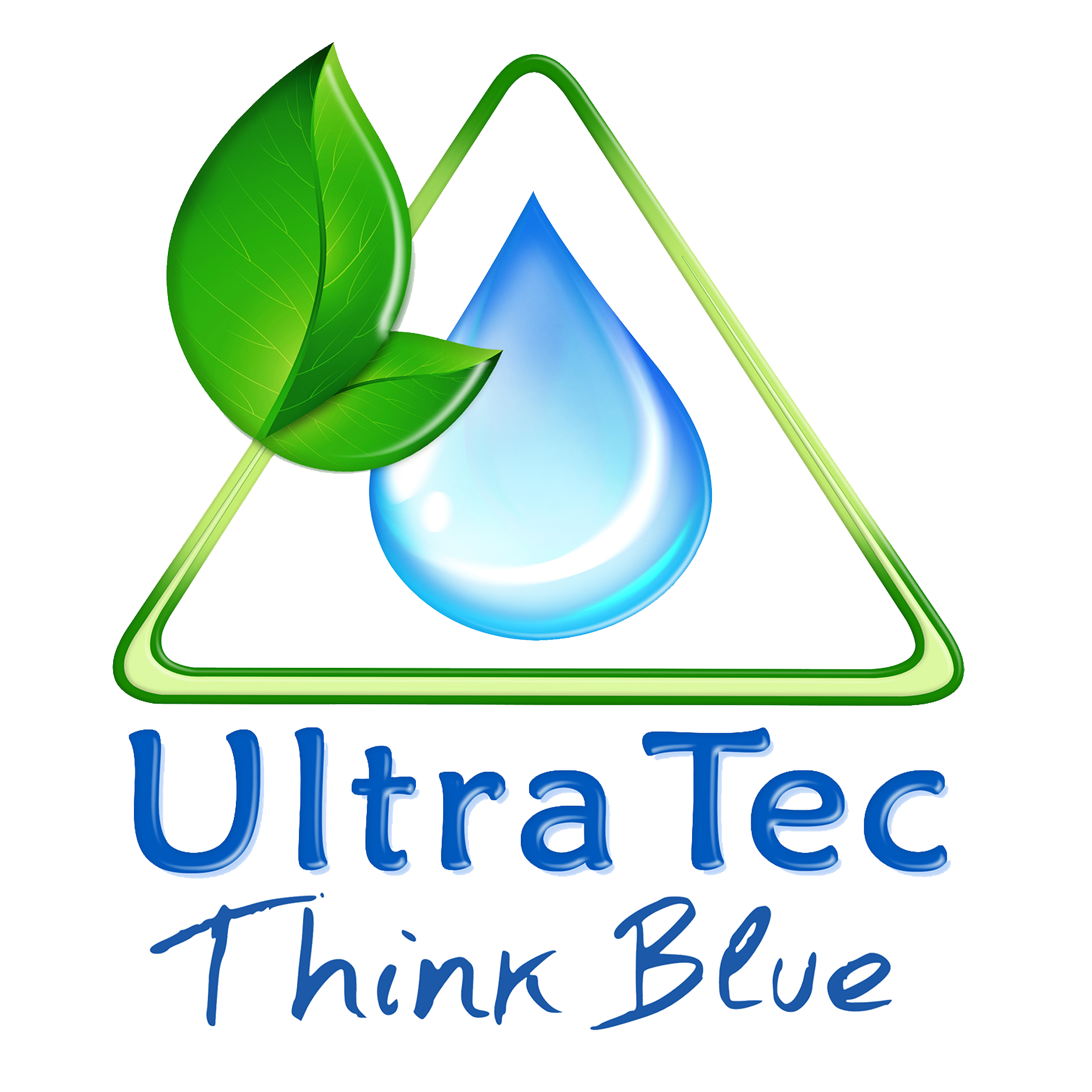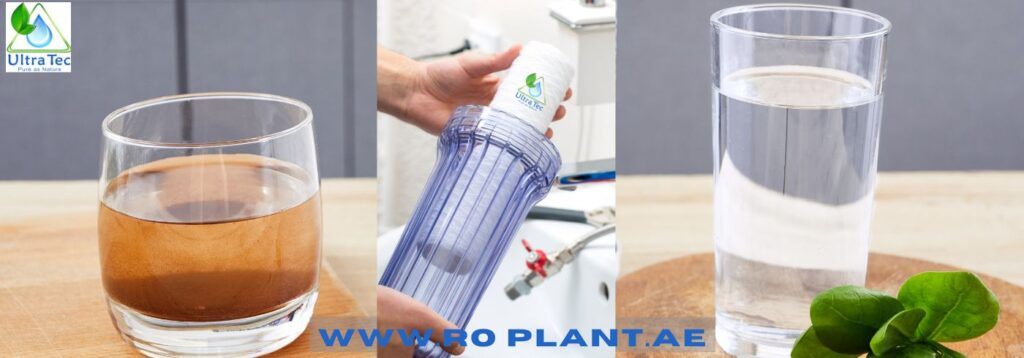Water is an essential resource for our daily lives, and ensuring that our water is clean and safe is crucial. Where water filtration systems RO Plant water treatment company UAE provides, these methods remove contaminants and impurities, delivering a reliable, clean, beneficial water source. The other types of water filtration systems delve into their working mechanisms.
Introduction
Pure and safe drinking water is important for preserving good health. However, tap water often includes contaminants, such as chemicals, bacteria, and heavy metals, which may risk our well-being. Water filtration systems effectively address these concerns and provide purified water for various purposes.
Importance of Water Filtration
Ensuring the water quality we consume is crucial for our overall well-being. Water filtration systems enhance our drinking water’s taste, odor, and protection. By removing contaminants, these systems help protect us from potential health risks and provide peace of mind.
Kinds of Water Filtration Systems
There live several kinds of water filtration systems known in the market. Each system utilizes different technologies to filter and purify UltraTec water treatment company uae. Some of the most common types:
- Activated Carbon Filters
Activated carbon filters are popular for removing chlorine, sediments, and organic compounds from water. These filters use activated carbon with a large surface area to trap impurities through adsorption. - Reverse Osmosis Systems
Reverse osmosis (RO) systems are highly efficient in removing many contaminants, including dissolved solids, heavy metals, and bacteria. These systems force water via a semipermeable membrane that only allows water molecules to hand, leaving impurities behind. - UV Water Purifiers
UV water purifiers utilize ultraviolet light to disinfect water and destroy bacteria, viruses, and other microorganisms. The UV rays penetrate the cells of these microorganisms, harming their DNA and causing them to be benign. - Ceramic Filters
Ceramic filters are known for their fine pores that effectively remove sediment, bacteria, and protozoa from water. These filters work by trapping contaminants while allowing clean water to pass through.
How Water Filtration Systems Work
Water filtration systems employ various techniques to purify water and eliminate contaminants. Let’s dive into the working mechanisms of these systems:
- Filtration Process
The filtration process begins by passing the water through a pre-filter, which removes large particles and sediments. The water then goes through the main filtration media, where specific technologies come into play, depending on the type of filtration system. - Activated Carbon Filtration
They have activated carbon filters that work by adsorbing impurities onto their surface. As water flows through the carbon filter, organic compounds, chlorine, and other chemicals are trapped, improving the taste and odor of the water. - Reverse Osmosis
Reverse osmosis systems utilize a semipermeable membrane to effectively eliminate dissolved solids, minerals, and contaminants from the water. The water must pass through this specialized membrane, which selectively allows only pure water molecules to permeate while trapping and discarding impurities. - UV Purification
UV water purifiers emit UV light that penetrates the cells of bacteria, viruses, and other microorganisms, damaging their DNA and preventing their reproduction. This process effectively eliminates harmful pathogens from the water.
Benefits of Using Water Filtration Systems
Using water filtration systems offers several benefits, including:
- Improved Taste and Odor
Water filtration system enhance the taste and odor of water by removing chlorine, sediments, and other contaminants that may affect its quality. - Removal of Contaminants
Water filtration system effectively eliminate contaminants, including bacteria, viruses, heavy metals, pesticides, and chemicals, ensuring our water is safe and healthy. - Cost-Effectiveness
Funding for a water filtration system can be cost-effective in the long run, as it decreases the demand for bottled water and supplies a dependable source of clean water. - Environmental Impact
Water filtration system can reduce plastic waste from single-use water bottles, contributing to a more sustainable and eco-friendly lifestyle.
Maintenance and Replacement
Regular maintenance and filter replacements are necessary to ensure the continued effectiveness of RO Plant water filtration systems. Manufacturers usually provide guidelines on filter replacement schedules, which may differ leaning on the kind of system and usage.

